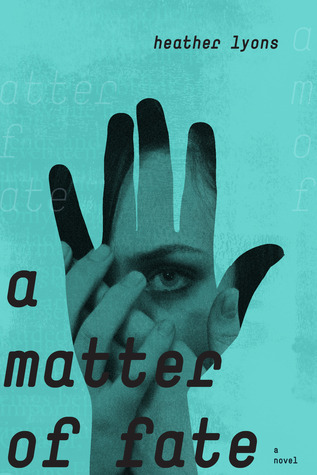Before I get started I’d just like to say not only is this a fantastic short story but this might be the best short story I’ve ever read. I will be spoiling it in this review but if you haven’t read it you should because it is amazing. Despite being only 14 pages long this story develops complex characters, an interesting plot and a real emotional response. I’m just going to also say that this story deals with mature themes and if you are under the age of thirteen I suggest you wait a year or two because when I read it for the first time it was pretty intense. I’m going to do a quick summary of the story as a refresher to anyone who hasn’t read it in a while.
The story takes place in South Africa during the Apartheid period (around the 1980s.) To give you a feel for what the conditions were like I have a quote:
“Coming of age under apartheid includes violence and suffering. Blacks know hunger, prison, family separation, and exile as common experience. Black children are fourteen to fifteen times more likely to die before the age of five, than white children. Approximately 3 million black children suffer from malnutrition in one of the richest countries in the world. Where racism is law…”- Hazel Rochman 1988.
Thebedi, the main character, is just a small child at the time and befriends a white boy named Paulus. As children these two were close but as they got older they realized the “impropriety” of their friendship and were more secretive. At about the age of sixteen Thebedi and Paulus start a sort of relationship, which for obvious reasons they kept private. Thebedi described how at first she thought they were in love but as the years progressed Paulus became more and more distant and less open with her. Then when Paulus was nineteen he left for veterinary school. Njabulo, a family friend, asks to marry Thebedi and she accepts. Soon after she realizes she is pregnant. When Paulus comes back upon hearing that she was married and had a baby he visits Thebedi. When Paulus sees the baby he is shocked to see the light brown skin and hazel eyes of the child and realizes this is his son. Later on he visits again and the next day Thebedi finds her son dead. Njabulo buries the child but the neighbors spread a rumor about how the baby looked “almost white” and the police dig him up to investigate. They find that the child died from unnatural causes and Thebedi lies saying she saw Paulus poison her baby. There is a trial and later Thebedi says she saw no such thing. Without enough evidence to convict Paulus he is free to go and Thebedi has another child with Njabulo.
Gordimer intentionally leaves the murder case of the child ambiguous, however it is strongly suggested that Paulus killed his own child. Not only is this horrific and terrifying but the most terrible thing about this story is that things like this actually happened only 40 or so years ago and the police and court system of South Africa turned a blind eye to such crimes. While my account of the story is pretty basic, the actual writing conveys the loss and complete helplessness of Thebedi in her situation. Not only is she in a terrible situation but to have the father of your child kill your son and get away with it is beyond horrifying.
I’m going to talk about one specific passage of the book that are on page 71 of the collection of stories this is in Somehow Tenderness Survives:
“She disrupted the sleeping face by scratching or tickling gently at a cheek with one finger, and slowly the eyes opened, saw nothing were still asleep, and then, awake, no longer narrowed, looked out at them, grey with yellowish flecks, his own hazel eyes.
he struggled for a moment with a grimace of tears, anger and self-pity. She could not put out her hand to him. He said, ‘You haven’t been near the house with it.’
She shook her head.
‘Never?’
Again she shook her head.
‘Don’t take it out. Stay inside. Can’t you take it away somewhere? You must give it to someone’
She moved to the door with him.
He said, ‘Ill see what I will do. I don’t know.’ and then he said, ‘I feel like killing myself.’
Her eyes began to glow, to thicken with tears. For a moment there was the feeling between them that used to come when they were alone down at the riverbed. He walked out.”
After reading this I was so sad. Paulus saw their son and he called him “It” and said he felt like killing himself. The way Gordimer describes Thebedi waking him up is so cute and then Paulus grimaces and cries tears of self-pity. Not only did I feel sad I was so angry at him for only thinking of himself and for killing his own son. How dare he do that? It is horrific. The conditions in South Africa at this time were terrible and it’s so sad that a man could dehumanize his son enough just because he was half black and kill him without a second thought. In conclusion I give this story five out of five stars. I know this is a pretty short review but the story speaks for itself. I think Gordimer states this kind of “living” perfectly:
“It’s about suffering.
How to end suffering.
And it ends in suffering. Yes, it’s strange to live in a country where there are still heroes.”
Advertisements Share this:






